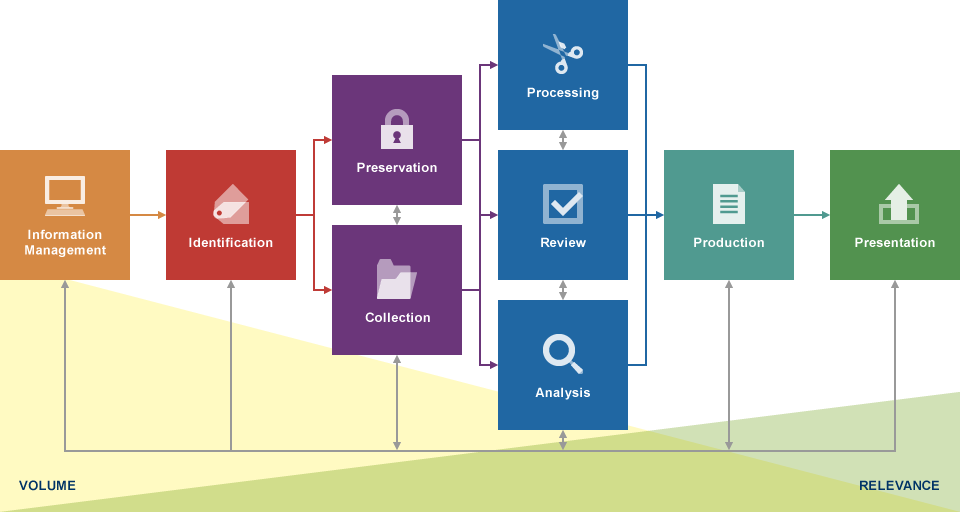Electronic discovery (also called e-discovery or ediscovery) refers to any process in which electronic data is sought, located, secured, and searched with the intent of using it as evidence in a civil or criminal legal case. E-discovery can be carried out offline on a particular computer or it can be done in a network.
Electronic information is considered different from paper information because of its intangible form, volume, transience and persistence. Electronic information is usually accompanied by metadata that is not found in paper documents and that can play an important part as evidence (for example the date and time a document was written could be useful in a copyright case). The preservation of metadata from electronic documents creates special challenges to prevent spoliation.

